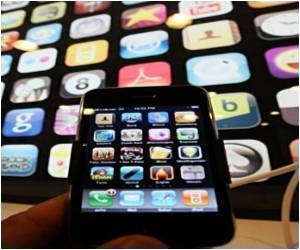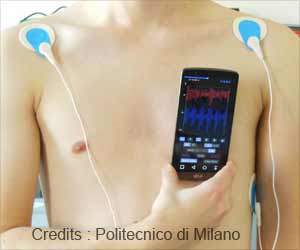A new study has said that using a handheld device or mobile phone equipped with special software, radiologists can accurately diagnose acute appendicitis from a remote location.

"When we can make these determinations earlier, the appropriate surgical teams and equipment can be assembled before the surgeon even has the chance to examine the patient."
Appendicitis is characterised by the inflammation and infection of the appendix. It necessitates the surgical removal of the appendix, failing which the organ can rupture and spill toxins into the abdominal cavity causing a life-threatening infection.
Appendicitis is common to people aged between 10 and 30.
A suspected appendicitis patient has to undergo computed tomography (CT) and a physical examination for the confirmation of the condition. However a CT scan needs a radiologist and his absence can lead to complications.
In such a situation the new mobile phone method can come in handy because it can diagnose appendicitis quickly and from a remote location.
Advertisement
For the study researchers at the University of Virginia, Charlottesville, took CT examinations of the abdomen and pelvis of 25 patients complaining of pain in the right lower abdomen.
Advertisement
Dr. Choudhri explained: "The scans can be read in full resolution with very little panning, and the software allows the reader to zoom and adjust the contrast and brightness of the image.
"The radiologist is evaluating actual raw image data, not snapshots."
Fifteen out of the 25 patients were correctly diagnosed with acute appendicitis.
Dr. Choudhri added: "The iPhone interpretations of the CT scans were as accurate as the interpretations viewed on dedicated picture archiving and communication system (PACS) workstations.
"We hope that this will result in improved patient outcomes, as evidenced by decreased rates of ruptured appendicitis, shorter hospital stays and fewer complications."
The study was presented at the annual meeting of the Radiological Society of North America (RSNA).
Source-ANI
RAS










